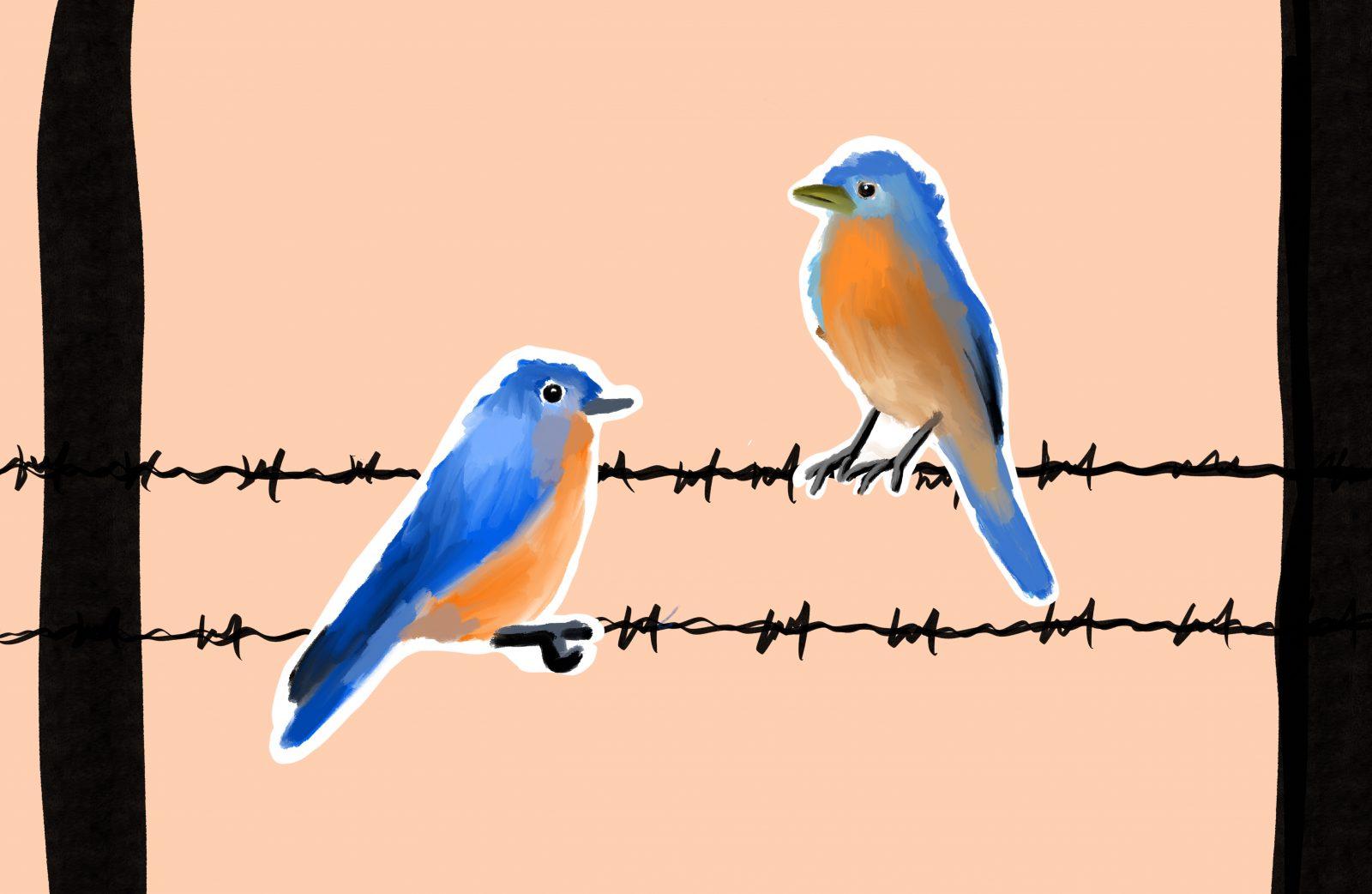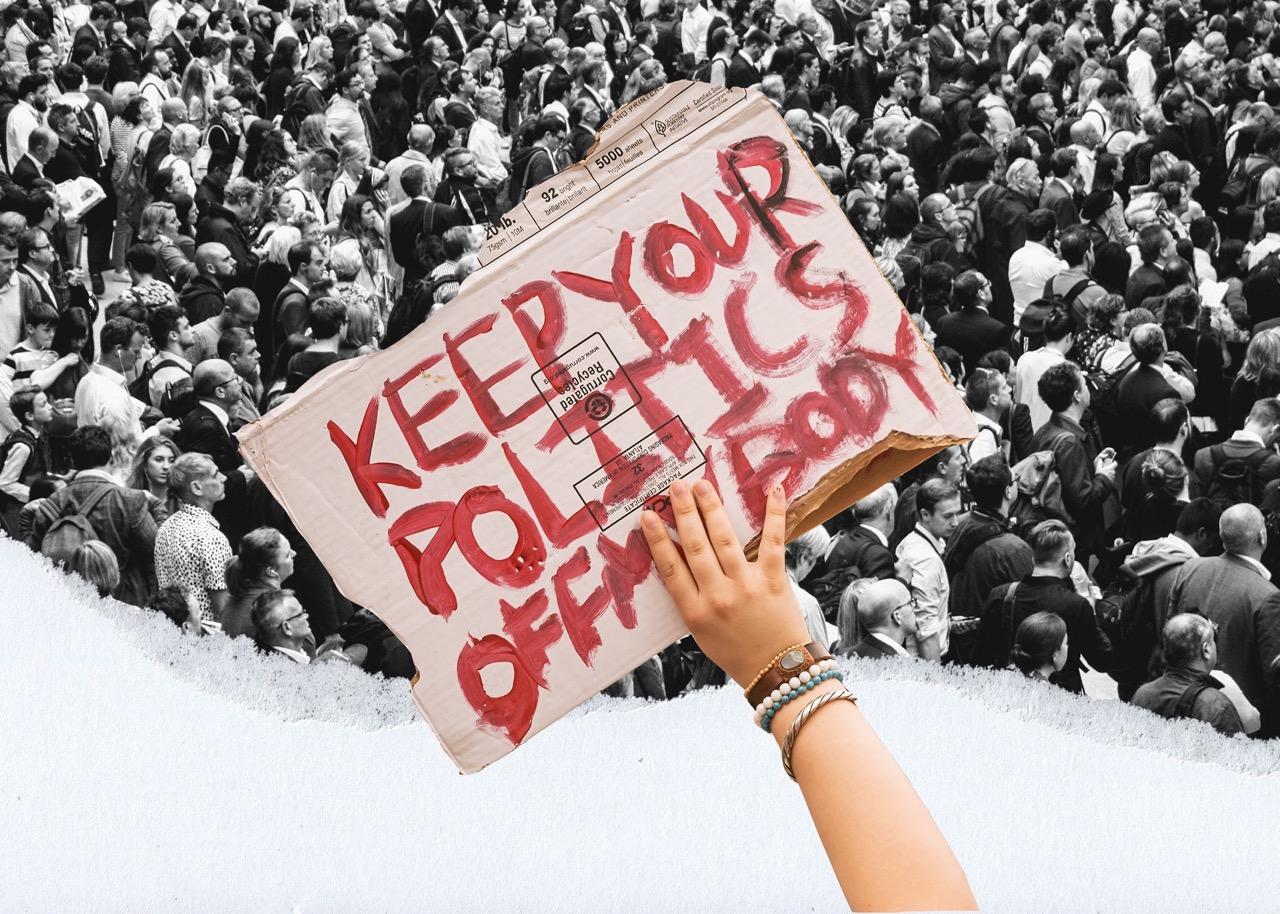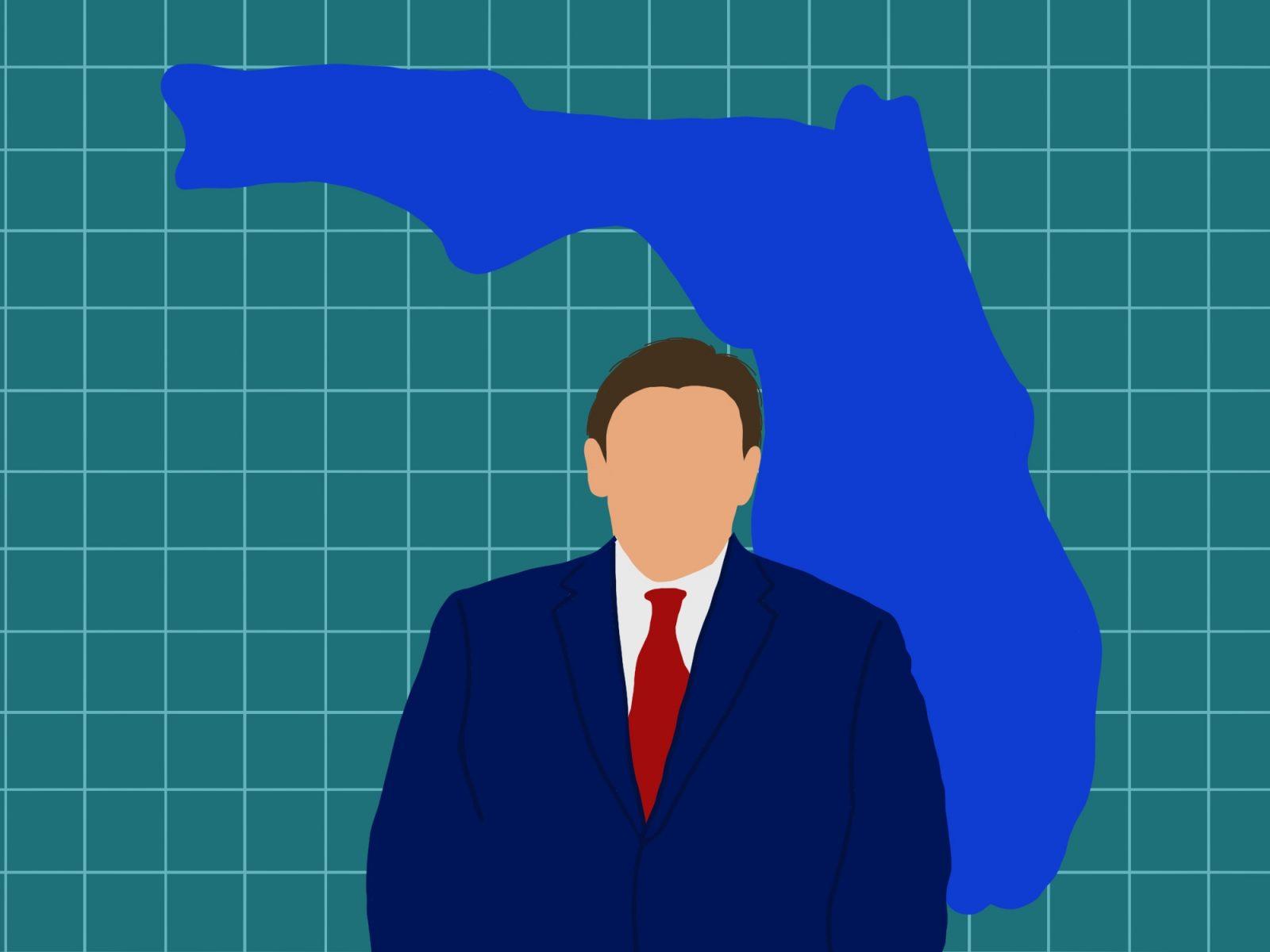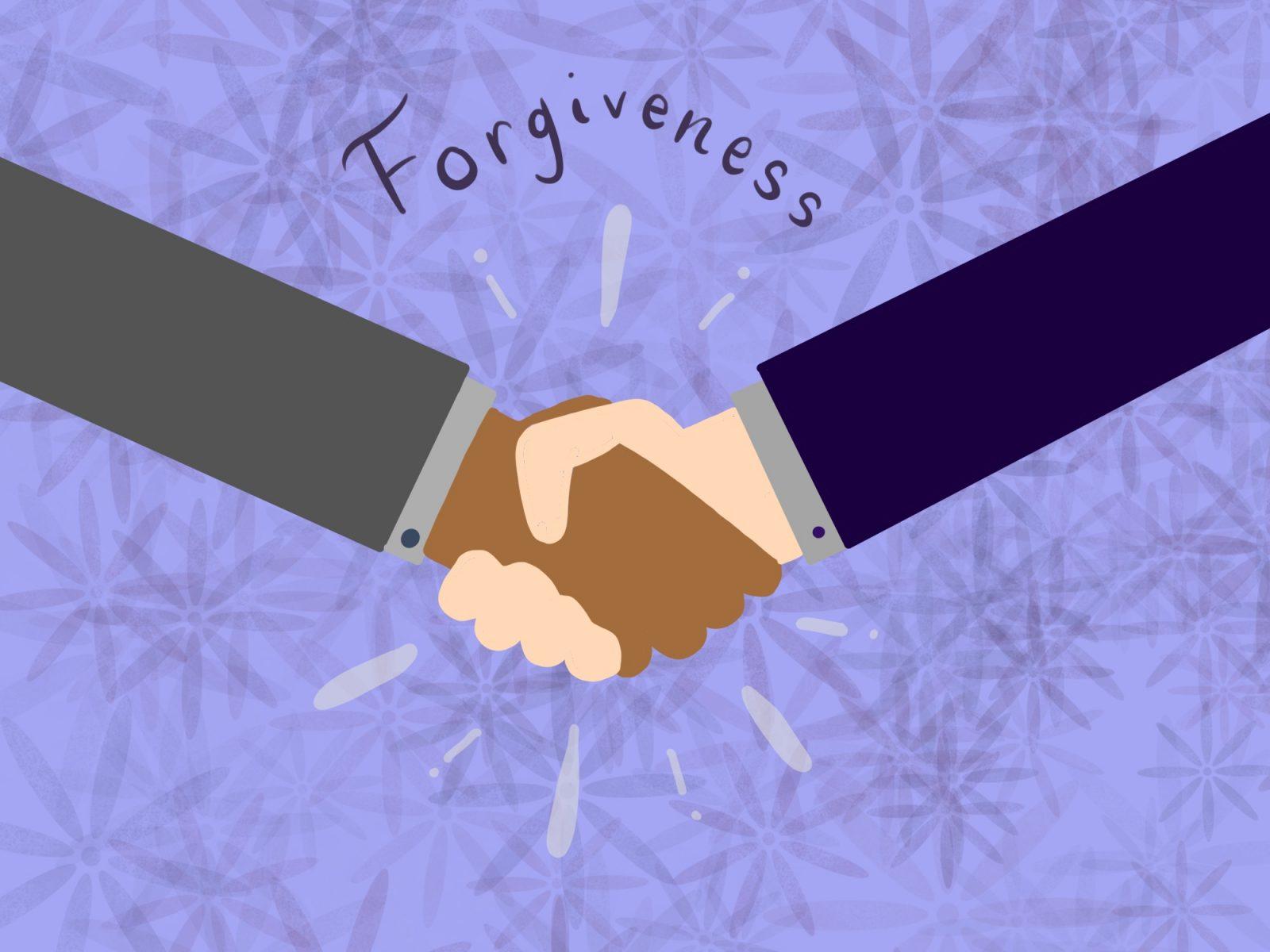There have been notable victories for American workers since last October — the first Amazon warehouse union in Staten Island has now amassed more than 8,000 members, more than 230 Starbucks have successfully unionized and various unions across the nation have won almost 77% of their elections in 2022. The tide seems to be turning in favor of the little guy, even as faux-liberal CEOs like Jeff Bezos and Howard Schultz methodically work to litigate or legislate against their workers.
However, as is usually the case, all is not well — a new threat seems to be rising in the midst of these wins. It is one that cannot be evaded or struck down by the collective action of chanting, invigorated men and women — but with a lot of political progress and perhaps a bit of revolution, could actually end up being the key to a fairer world. The working class will soon be toe-to-toe with the gleaming steel of automated workers — robots.
As frustrating as Andrew Yang’s milquetoast Twitter posts and nonsensical musings may be, he was one of the prophets of this looming specter. His book “The War On Normal People” is lauded as one of the first accessible looks into a future of fully-automated factories, laboratories, offices, and stores. His predictions are backed by many peer-reviewed studies and scholarly analyses, all of which have the same grim message: the cynical, churning wheel of innovation that forced our ancestors into wage slavery during the Industrial Revolution will now actually do away with our jobs and wages, leading to unprecedented economic disaster.
Yang’s proposal to combat this collapse is a UBI, or Universal Basic Income, which would provide a federally-funded, $1000 grant to all citizens, with no stipulations or conditions—an idea I am largely sympathetic to.
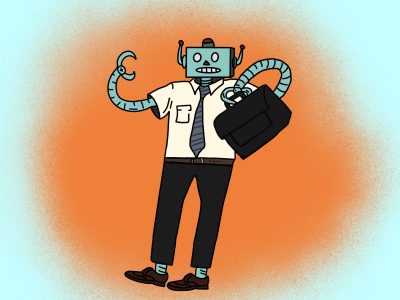
In a post-capitalist world — one in which our ideas are not only “outside of the box,” but where the box has been eradicated entirely—maybe the rise of automation and adoption of a UBI can be an opportunity for workers to become people again. Robots can work far more efficiently and cost-effectively than humans can, which means we can use them to make our lives better. They’ll work for us, not the other way around.
Mindless, soulless robots can perform mindless, soulless work, producing unprecedented revenue. Companies that adopt automated labor can then be taxed and the subsequent revenue can be either taxed or redistributed entirely — robots don’t need salaries or benefits. This surplus money can then be reallocated to Americans through Universal Basic Income, or even job training and subsidized education. With a UBI, less tedious or brutal work, and more economic freedom, everybody can seek higher education, leisure time, artistic endeavors, familial and communal bonds, or the pursuit of happiness. Work is still sacred and always will be, but all people will be able to work good, fair, and stimulating jobs instead of just those with privilege.
Over the summer, I read some Beat Generation poetry (pretentious, I know), where I stumbled upon a particularly striking quote: “Because in the end, you won’t remember the time you spent working in the office…Climb that goddamn mountain.”
Cliche, perhaps, but Jack Kerouac’s words evoked a haunting realization for me: currently, the vast majority of the world will spend their lives working a job they don’t particularly care about, wasting their one and only life on boring, degrading or all-consuming labor. So as we enter our newly mechanized world, we have two choices. We can continue on our capitalist path, leading to widespread poverty and economic misery, or we can take a deep breath and charge headlong into a society where humanity is prioritized over capital, technology benefits the poor, and all Americans are able to climb their mountain.


















































































































